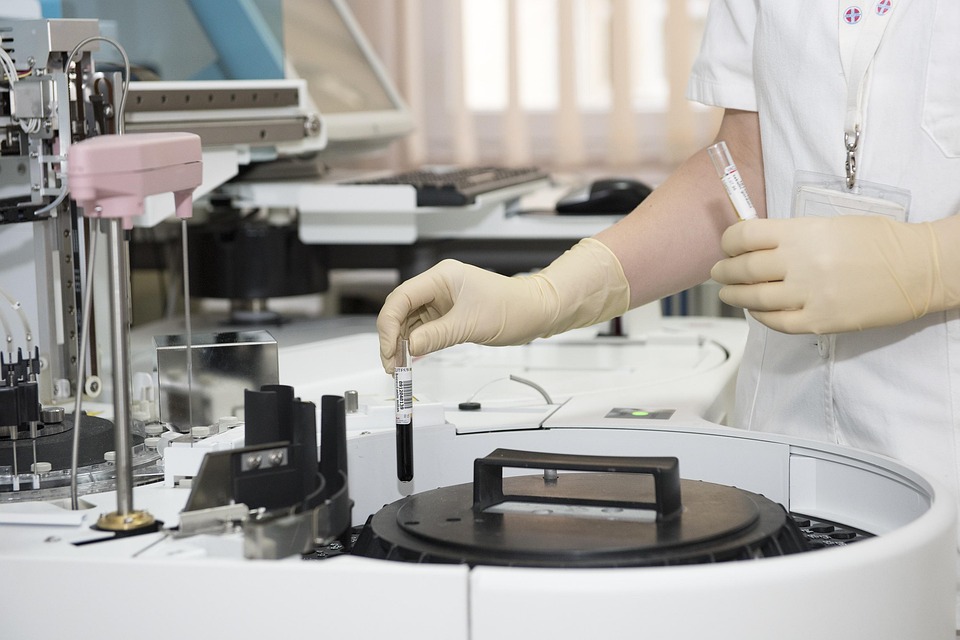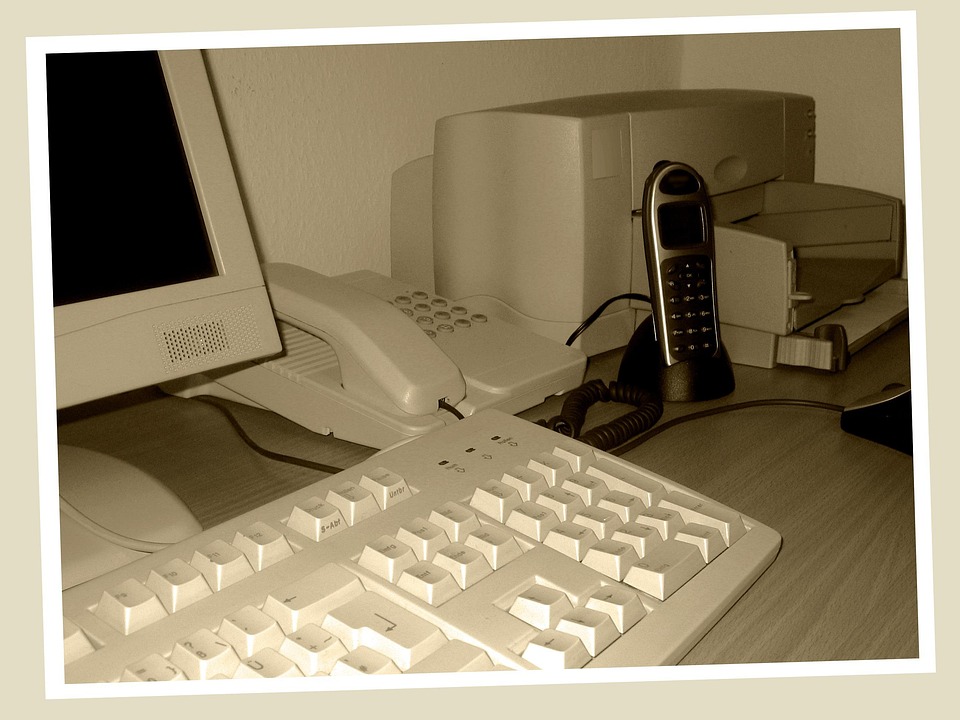Essential Skills and Responsibilities of a Medical Technologist: A Shortage Occupation with Promising Career Prospects in the UK
In the ever-evolving landscape of healthcare, the role of a medical technologist has emerged as a cornerstone, often overlooked yet pivotal in ensuring the delivery of accurate medical diagnostics. As the UK grapples with a shortage of professionals in this field, the prospects for aspiring medical technologists have never looked better. But what exactly does this role entail, and what skills are essential for success?
The Core Responsibilities
-
Diagnostic Testing
At the heart of a medical technologist’s responsibilities lies the performance of laboratory tests. These tests range from blood analyses to microbiological cultures, each requiring meticulous attention to detail and a comprehensive understanding of various testing protocols. The accuracy of these tests can directly influence patient diagnoses and treatment plans, underscoring the gravity of the role. -
Quality Control and Assurance
Medical technologists are not merely technicians; they are guardians of quality. Regularly calibrating equipment, verifying results, and maintaining stringent quality control standards are paramount. The ability to identify discrepancies and implement corrective measures is a skill that distinguishes the competent from the exceptional. -
Collaboration and Communication
In a multidisciplinary environment, effective communication is vital. Medical technologists must liaise with physicians, nurses, and other healthcare professionals to relay critical information swiftly. This collaborative spirit ensures that patient care remains seamless and informed by the latest laboratory findings.
Essential Skills for Success
-
Analytical Thinking
A sharp analytical mind is indispensable. Medical technologists must interpret complex data, discern patterns, and make informed decisions based on their findings. This skill is particularly critical when faced with ambiguous results that require further investigation. -
Technical Proficiency
Familiarity with advanced laboratory equipment and technology is non-negotiable. From automated analyzers to sophisticated imaging systems, a sound understanding of the tools of the trade enables technologists to operate efficiently and troubleshoot problems as they arise. -
Attention to Detail
In a field where precision is paramount, a keen eye for detail is crucial. The difference between a correct and incorrect result can be a mere decimal point, making thoroughness and diligence essential traits for any aspiring medical technologist.
The Promising Future
Given the current shortage of medical technologists in the UK, the future looks bright for those considering this career path. According to the Health Education England, there is a pressing demand for skilled professionals to fill roles in various settings, including hospitals, research facilities, and private laboratories. This demand not only promises job security but also offers opportunities for career advancement, specialisation, and continuous professional development.
In an era where healthcare is increasingly reliant on technology and data, the role of a medical technologist is set to expand, with the potential for involvement in innovative practices such as personalised medicine and telehealth diagnostics. The blend of science and technology in this profession makes it not only rewarding but also integral to the future of healthcare.
Navigating the complexities of securing a job in this sector can be daunting, particularly for those requiring sponsorship. However, platforms like Visajob.co.uk are committed to supporting you through every step of the journey, ensuring you can find work in the UK that meets the necessary qualifications and offers the backing you need. As the demand for medical technologists continues to grow, now is the perfect time to embark on this fulfilling career path.




